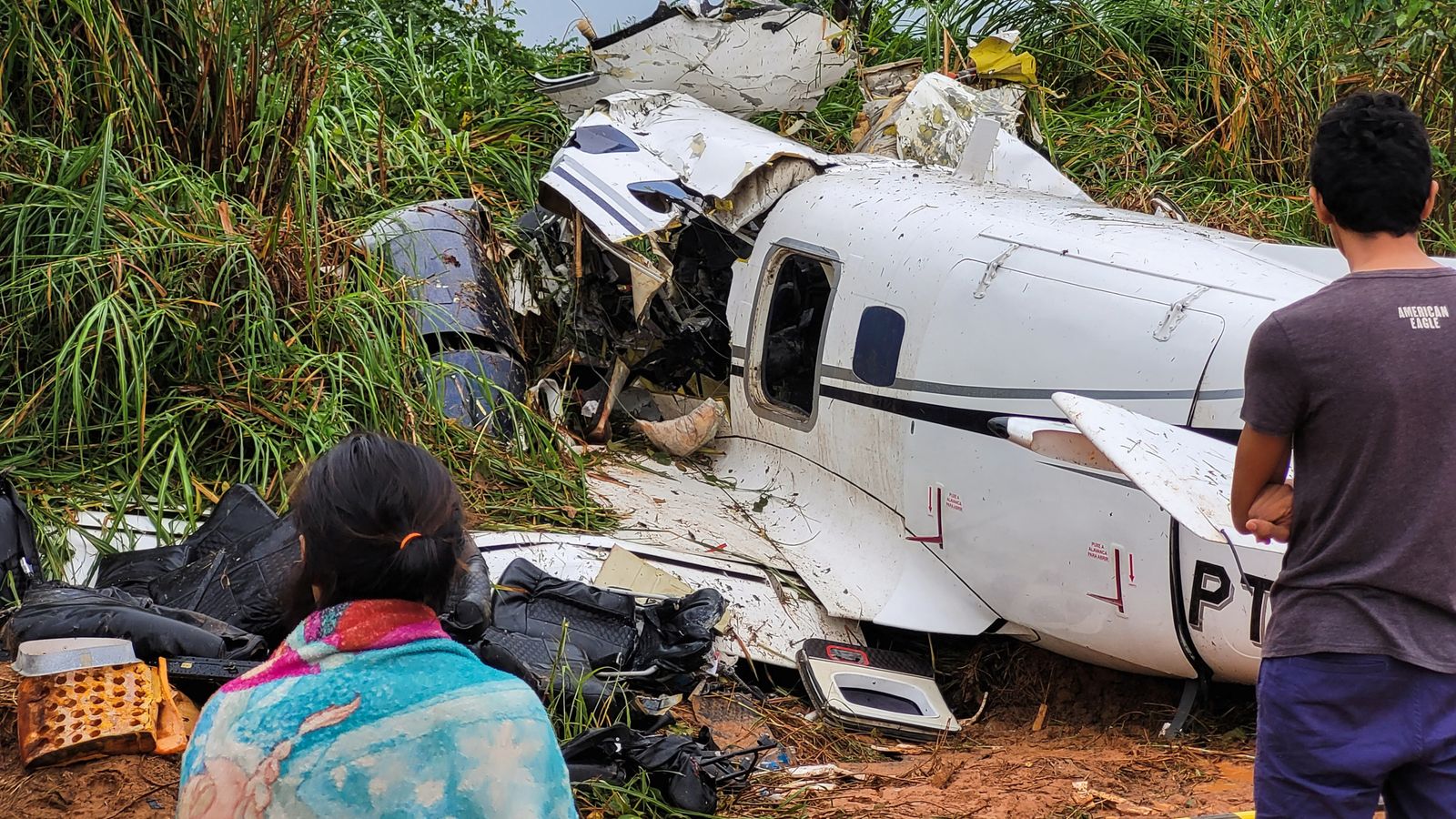Investigating the Causes of Plane Crashes

After a plane crash, the investigation process is crucial for understanding what happened and preventing future tragedies. This involves a multi-faceted approach, with different agencies and experts working together to gather evidence, analyze data, and determine the cause of the incident.
Types of Investigations
The investigation process typically involves several stages:
- On-site investigation: This involves gathering evidence from the crash site, including wreckage, flight data recorders (FDRs), cockpit voice recorders (CVRs), and witness statements. The goal is to reconstruct the events leading up to the crash.
- Technical analysis: Experts examine the wreckage, flight data, and other information to determine the technical factors that contributed to the crash. This may include analyzing the aircraft’s systems, the pilot’s actions, and the environmental conditions.
- Human factors analysis: Investigators examine the role of human factors, such as pilot error, fatigue, training, and communication, in the crash. This involves reviewing pilot training records, crew communication, and other relevant information.
- Safety recommendations: Based on the findings of the investigation, safety recommendations are made to improve aviation safety and prevent similar accidents in the future.
Factors Contributing to Plane Crashes, Plane in brazil crash
While each crash is unique, there are common factors that contribute to plane crashes. These can be broadly categorized as:
- Pilot error: This includes mistakes in piloting, navigation, decision-making, and communication. It can range from simple errors to more complex issues related to fatigue, stress, or inadequate training.
- Mechanical failure: This can involve engine failure, structural problems, or malfunctions in aircraft systems. Regular maintenance and inspections are crucial for preventing these issues.
- Weather conditions: Severe weather, such as thunderstorms, turbulence, and icing, can pose significant risks to aircraft operations. Pilots need to be aware of weather forecasts and make informed decisions about flight operations.
- Air traffic control errors: Mistakes made by air traffic controllers can contribute to crashes, such as issuing incorrect instructions or failing to detect potential conflicts between aircraft.
Insights from Past Investigations
Past investigations have led to significant improvements in aviation safety. For example, the investigation into the 1979 American Airlines Flight 191 crash, which involved a mechanical failure in the engine, led to the development of new engine design standards and inspection procedures. The investigation into the 1985 Air Canada Flight 143 crash, which resulted from a fuel miscalculation, led to improvements in fuel management procedures and pilot training.
The Impact of Plane Crashes on Brazilian Society: Plane In Brazil Crash

Plane crashes in Brazil have a profound impact on the nation, leaving behind a trail of grief, economic hardship, and lasting societal effects. The loss of life, the disruption to transportation networks, and the psychological trauma experienced by families and communities all contribute to a complex web of consequences that reverberate throughout the country.
The Emotional and Psychological Impact
Plane crashes are traumatic events that leave an indelible mark on the families and communities affected. The sudden loss of loved ones creates an overwhelming sense of grief and despair, often accompanied by feelings of shock, disbelief, and anger. Survivors may struggle with post-traumatic stress disorder (PTSD), anxiety, and depression, while the broader community grapples with a collective sense of vulnerability and fear. The emotional scars of a plane crash can linger for years, impacting the lives of those directly affected and their loved ones.
Economic Consequences
Plane crashes have significant economic consequences for Brazil. The loss of life in a crash represents a loss of human capital, which can have a ripple effect on businesses, families, and the national economy. The economic impact extends beyond the immediate costs of medical care and funeral expenses, encompassing lost productivity, business disruptions, and the cost of investigations and legal proceedings. Additionally, property damage, including the destruction of the aircraft and any surrounding infrastructure, further exacerbates the financial burden.
Media Coverage and Public Perception
Media coverage plays a crucial role in shaping public perception of plane crashes. News reports can sensationalize the event, leading to heightened fear and anxiety among the public. While media attention can raise awareness of safety issues and advocate for improvements in aviation safety, it can also contribute to a culture of fear and distrust towards the airline industry. Public perception of plane crashes is often influenced by the media narrative, which can shape public policy and the response of regulatory bodies.
Plane in brazil crash – The news about the plane crash in Brazil is super tragic, man. It’s crazy how things like that can happen so suddenly. Makes you think about how unpredictable life is, you know? Anyway, gotta stay positive. Maybe we can all learn from this and focus on the good stuff, like the potential of crypto.
Check out this article about ripple xrp and how it’s revolutionizing the financial world. Who knows, maybe someday we’ll all be using it to travel the world, and avoid any plane crashes altogether.
The news about the plane crash in Brazil is seriously tragic, man. It’s hard to imagine the devastation for the families involved. It reminds me of that time I saw those awesome Beetlejuice Beetlejuice popcorn buckets at the cinema.
Totally nostalgic! Anyway, back to the plane crash, it’s just a reminder that life is precious and we need to appreciate every moment.
